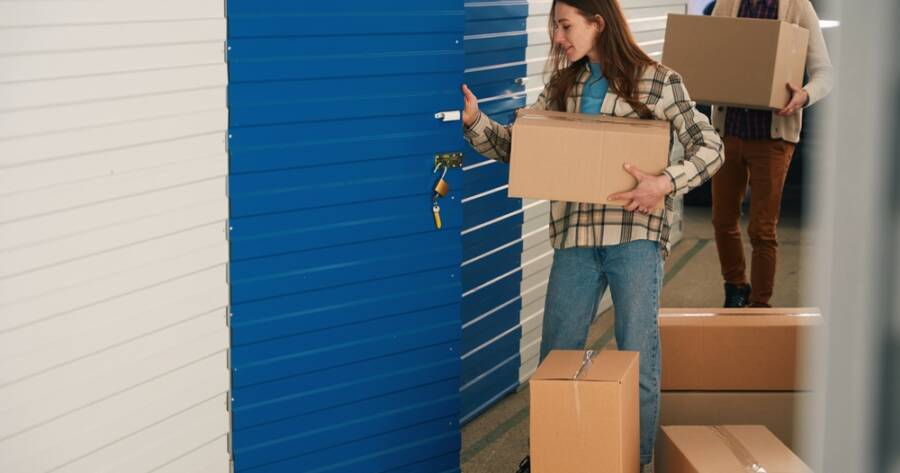Whether you’re decluttering, moving, or just in need of extra space, flexible storage rental options offer a convenient solution to store your belongings. With various types of units available, from short-term to long-term rentals, finding the perfect fit for your needs is easier than ever. The flexibility of these services allows you to adjust your rental terms, making them a versatile choice for anyone looking to create more space at home or on the go.
How to Find Storage Units Near You
Finding a storage unit that suits your needs is easier than ever with the help of modern technology. Start by searching online platforms or storage centers that list available options in your area. Websites like Moving.com allow you to enter your zip code to compare prices and features of various units.
Additionally, visiting local storage facilities directly can help you get a feel for the available spaces, check for security, and understand their contract terms. Online reviews and recommendations from friends or neighbors can also provide insight into trustworthy companies.
Why Rent a Storage Unit?
Renting a storage unit is ideal for various life situations. It offers a safe and convenient way to store items during a move, renovations, or when downsizing. Renting storage can also help store seasonal items like holiday decorations or winter clothes, freeing up space at home.
Moreover, self-storage units are great for college students looking for a place to store their belongings over summer or military personnel who need a secure spot for their possessions during deployment.
Different Types of Storage Units
There are several storage options, each with its own set of features. Self-storage is the most popular, where you are responsible for storing and retrieving your items. Full-service storage is more hands-off, as companies pick up, store, and return your items when needed.
Climate-controlled storage is available for sensitive items like electronics or artwork. Outdoor storage is ideal for large items such as boats, RVs, or vehicles. When selecting a type, consider the ease of access and the level of care your items require.
How to Choose the Right Storage Unit
Choosing the right storage unit requires understanding your specific needs. Start by determining the amount of space needed, considering the size and number of items. If you’re storing temperature-sensitive items, look for a climate-controlled unit.
Next, consider the location—do you need frequent access, or can it be more remote? Pricing is also a factor, so compare rates, and be mindful of any extra costs such as insurance, late fees, or administrative charges. Always read the contract thoroughly before signing.
Popular Storage Providers
Here’s a list of well-known storage providers to consider when renting:
- Public Storage: Offers convenient locations and a variety of unit sizes.
- U-Haul Storage: Ideal for short-term needs, especially for moving.
- Extra Space Storage: Known for their secure facilities and flexible rental terms.
- CubeSmart: Offers both self-storage and climate-controlled options.
Each of these companies has different offerings, so compare to find the best fit for your storage needs.
Renting Storage: The Process Simplified
Renting a storage unit is a straightforward process. Begin by determining the type and size of unit that best suits your storage needs. Next, set a budget for the rental, considering any additional services or insurance that may apply. Once you’ve chosen a facility, complete the reservation process online or in person. Sign the contract, confirm your move-in date, and get a secure lock for your unit. Be sure to ask about any discounts or promotions available.
How to Secure Your Storage Unit
Ensuring your storage unit is secure is crucial to protecting your belongings. Most storage facilities offer high levels of security, such as surveillance cameras, gated access, and on-site staff. For additional peace of mind, consider investing in a high-quality lock for your unit. Some facilities may also offer insurance, which provides coverage in case of loss or damage. Always verify that the facility offers adequate security and check for any additional protections like fire alarms or pest control.
Final Tips for Renting Storage
Before renting a storage unit, always read the fine print of the contract to understand the terms and conditions. Check for any hidden fees such as administrative charges or late payment penalties. Consider purchasing insurance if the facility doesn’t offer it, and inspect the unit to ensure it’s clean and secure. Lastly, organize your storage space by labeling boxes clearly, keeping an inventory, and placing frequently accessed items near the front for easy retrieval.

